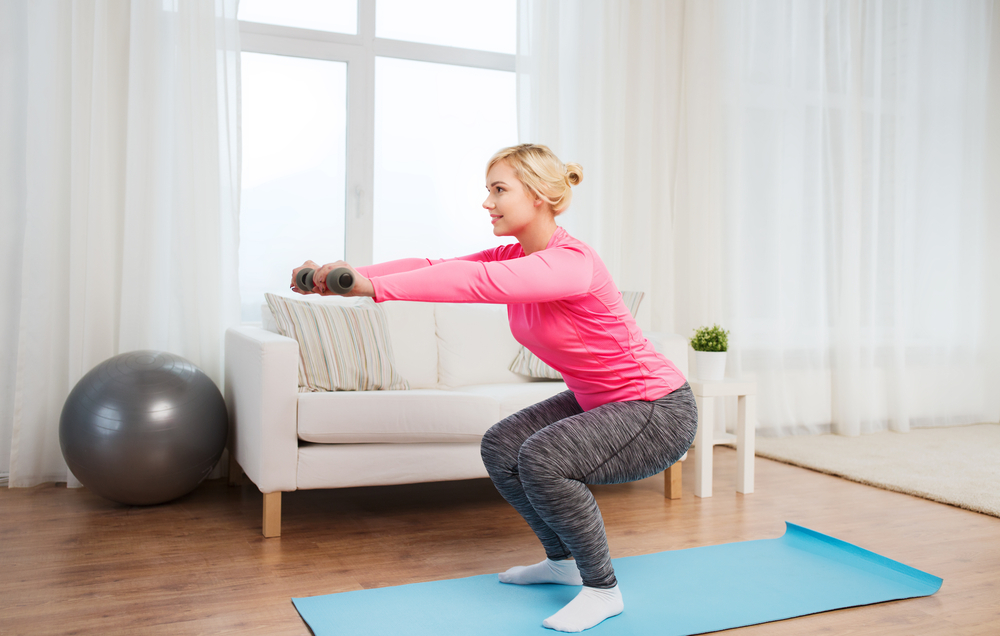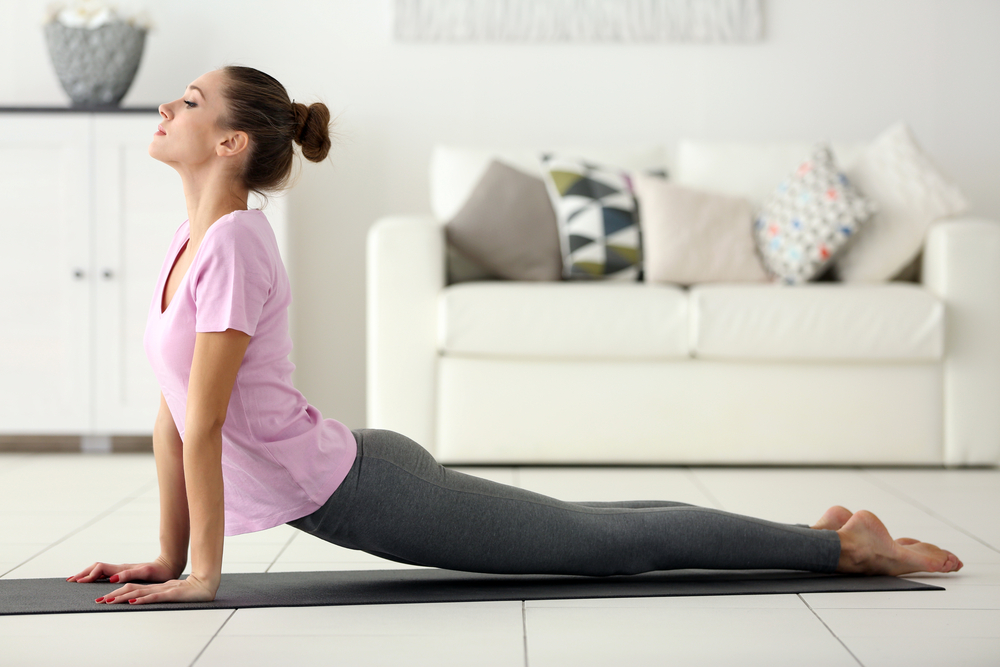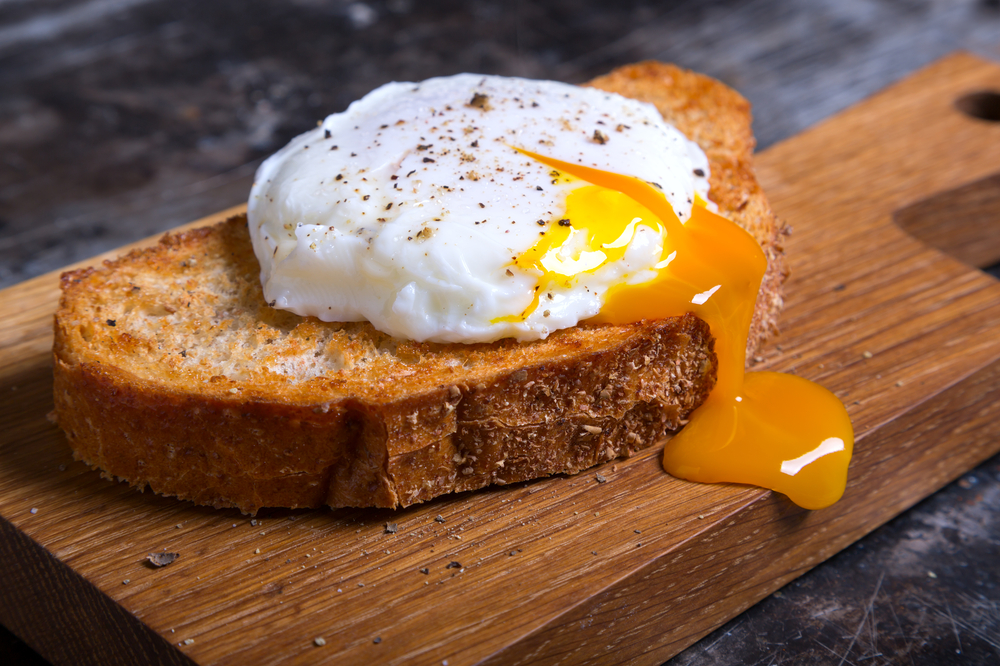We spend a lot of time on bedtime rituals to ensure a good night’s sleep but how we wake up and what we do first thing in the morning is just as important for our health and wellbeing.
Editor Jane Garton discovers how we can start the day calm and refreshed.
Sleep well

The best way to wake up well is to establish a good sleep pattern. Aim to get seven to nine hours a night depending on how much you need and try to go to bed and get up at the same time each day. Keep your bedroom dark, cool and peaceful and make it a sanctuary for sleep – and sex – only. That means no computer, phones, tablets, TV or pets.
Ditch the mobile phone

Ideally don’t use your phone as an alarm clock. It’s too tempting to check it last thing at night and first thing in the morning for emails and social media. There will be plenty of time later in the day for this. Buy yourself a dedicated alarm clock instead.
A light-up alarm clock can help. And it may be less jarring than a noisy alarm. If you struggle with morning brain fog or have seasonal affective disorder (SAD) or low mood, try a light box. It can lift your mood and help you feel more alert.
Avoid the snooze button
Don’t be tempted to press snooze. Set your alarm clock for the time you need to get up and get up. Extra dozing can disrupt your internal body clock.
Let there be light
“The most important thing to do when you wake is to get exposure to light, particularly sunlight. This is the main signal to the brain to enter ‘day’ mode,” says Independent sleep expert Dr Neil Stanley. Draw the curtains, open the window and take a deep breath. If it’s dark and grey outside switch on the lights.
Get moving

If you have the time, working out first thing in the morning can help prepare you for the day ahead. It improves circulation as well as boosting endorphins – the body’s own mood-boosting hormones. If you suffer from low mood, especially now that the clocks have gone back, a short course of St John’s wort (also known as the ‘sunshine herb’) can help to lift your spirits.
Do something joyful

For you, this could be an invigorating shower, a morning meditation, reading a favourite poem or practising a few yoga poses. Doing something that brings you joy first thing can be invigorating and fill you with energy for the day ahead.
Eat breakfast

After fasting all night, your body needs food – preferably a mix of protein, carbohydrates and fat. Porridge topped with nuts and berries, scrambled eggs on wholegrain toast or yogurt and fruit are all good choices. If you don’t feel hungry, try something light like a boiled egg and a piece of wholegrain toast. This will fire up your body with the energy it needs to get going and set you up for the day ahead.
At the end of the day try these three tips to help you wake up well:
Mind that coffee
Avoid caffeine for at least six hours before turning in – it can interfere with sound sleep.
Don’t overdo napping
A quick 30-minute daytime nap can be beneficial but any longer can make it harder for you to clock the eight or so hours your body needs to start the day refreshed.
Beware the late-night tipple
Indulging too close to bedtime may send you to sleep but it can cause you to wake up dehydrated and reaching for a glass of water. It’s ok to indulge from time to time but preferable to keep alcohol to meal times rather than as a nightcap.





























Add comment